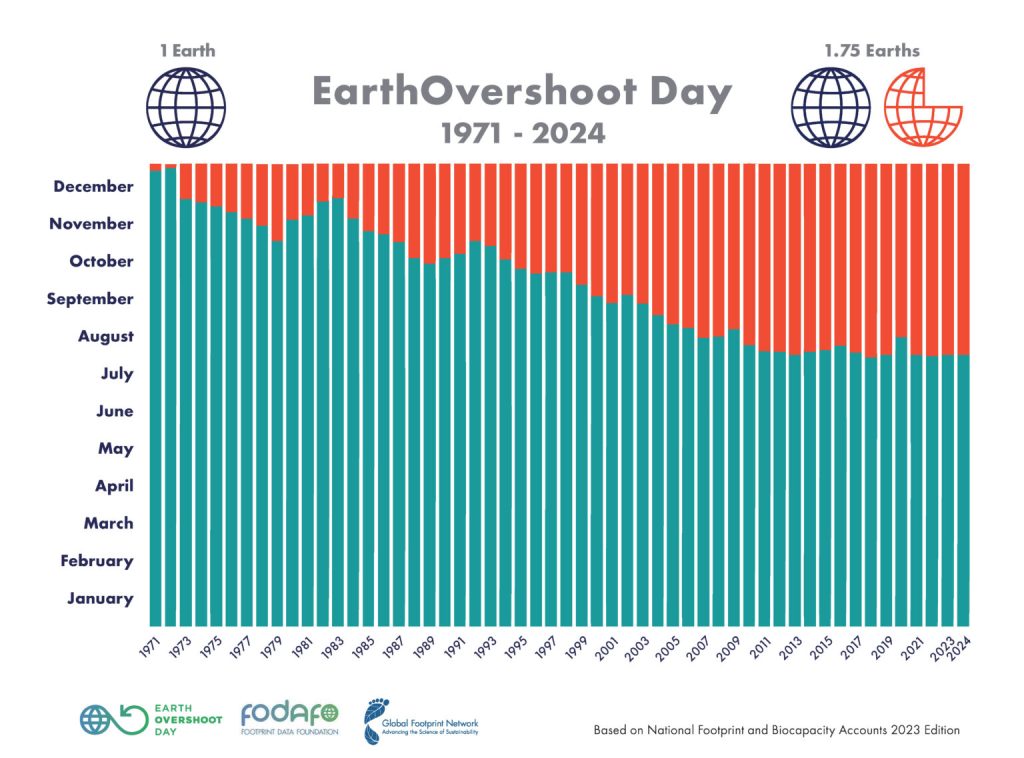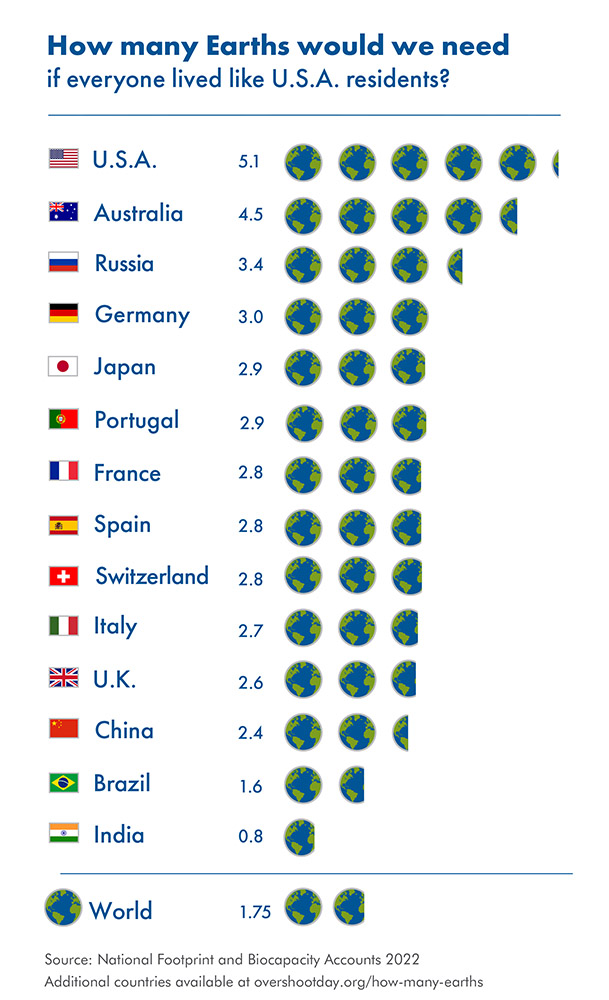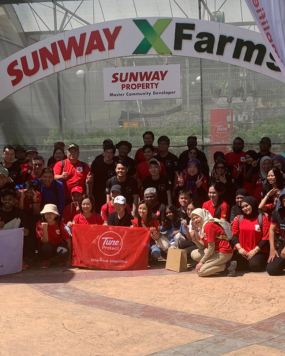Have you heard of Earth Overshoot Day? It marks the point in the year when humanity’s demand for Earth’s resources surpasses what the planet can regenerate in that same year. Unfortunately, this day, which now falls in August, is not one for celebration. Instead, it serves as a stark reminder that we are consuming far more than our planet can sustainably provide, jeopardizing the well-being of future generations.

Over the years, Earth Overshoot Day has been creeping earlier and earlier on the calendar. Once observed in the later months of the year, it now falls in August, signaling that by July 31st, we have already exhausted our share of this year’s resources. This unsustainable path puts immense pressure on our planet’s ecosystems, and the way we eat plays a significant role in this crisis.
The Hidden Cost of Our Food Choices
Many consumers are unaware of how their food choices contribute to climate change. We often get swept up in the latest food trends, driven by the fear of missing out (FOMO) after consuming endless social media content. Food bloggers, vloggers, and TikTok influencers have become our main sources of culinary inspiration. However, the more we consume unnecessarily or wastefully, the greater the harm we inflict on our planet.
The food supply chain is a major contributor to resource consumption, from deforestation and manufacturing to production and waste generation. The amount of carbon dioxide and methane gases released into the atmosphere due to the energy used throughout food production is rising at an alarming rate, worsening the greenhouse gas phenomenon. So, how can we make better choices to support a healthier planet?

Making Sustainable Food Choices
1. Choose Local Products
Prioritize products that have traveled fewer miles to reach your plate. Locally grown food not only supports local farmers but also means fresher ingredients with higher nutrient content. By choosing local produce, you reduce the carbon footprint associated with long-distance transportation.
2. Opt for Pesticide-Free Produce
Pesticide-free produce is often grown in environments where sustainability is a priority. These farming practices are better for the planet and your health, as they minimize the use of harmful chemicals that can contaminate soil and water.
3. Embrace Seasonal and Diverse Greens
Step out of your comfort zone and explore the variety of fruits and vegetables available throughout the year. Don’t just stick to the familiar items you’ve seen on social media. Our country produces a wide range of nutritious crops, so let’s embrace them all and enjoy the benefits of seasonal eating.

Conclusion
Earth Overshoot Day serves as a powerful reminder of the urgent need to rethink our consumption habits, particularly when it comes to food. By making more sustainable choices—like opting for local, pesticide-free, and seasonal produce—we can help push back Earth Overshoot Day and contribute to a healthier planet. Every meal is an opportunity to make a positive impact, so let’s choose wisely and eat our way toward a sustainable future.



